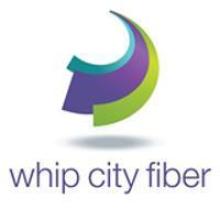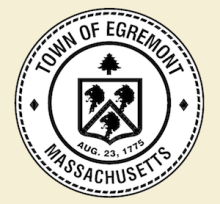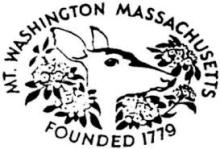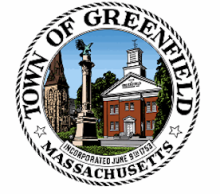PBS Takes A Look At Internet Cooperatives
We aren’t the only ones noticing. As rural communities take control of their connectivity by banding together to form broadband cooperatives, their efforts are getting attention. Earlier this month, PBS News Hour featured a story on the Wired West and RS Fiber Cooperatives.
Ivette Feliciano visits with local residents, business owners, and community leaders in both western Massachusetts and rural Minnesota where both initiatives are rewriting the rules for rural dwellers. She visits with Jake Reike, a farmer from Renville County; he talked with Chris during the Community Broadband Bits podcast episode #198. He described for us how improving local connectivity was what his family needed to maintain their farming lifestyle.
Feliciano also sought out expert Susan Crawford, who explained why people in these sparsely populated communities need high-quality connectivity and why they refuse to wait for big providers who may never come to their rescue.
Download a copy of our report RS Fiber: Fertile Fields for New Rural Internet Cooperative, to learn the details of one Minnesota farming region is bringing better Internet access to its people and businesses. There is much to be gained by joining forces.
For more on Wired West, we recommend WiredWest: a Cooperative of Municipalities Forms to Build a Fiber Optic Network, from the Berkman Center. Crawford helped author that report that dives deeper into the situation in western Massachusetts.








